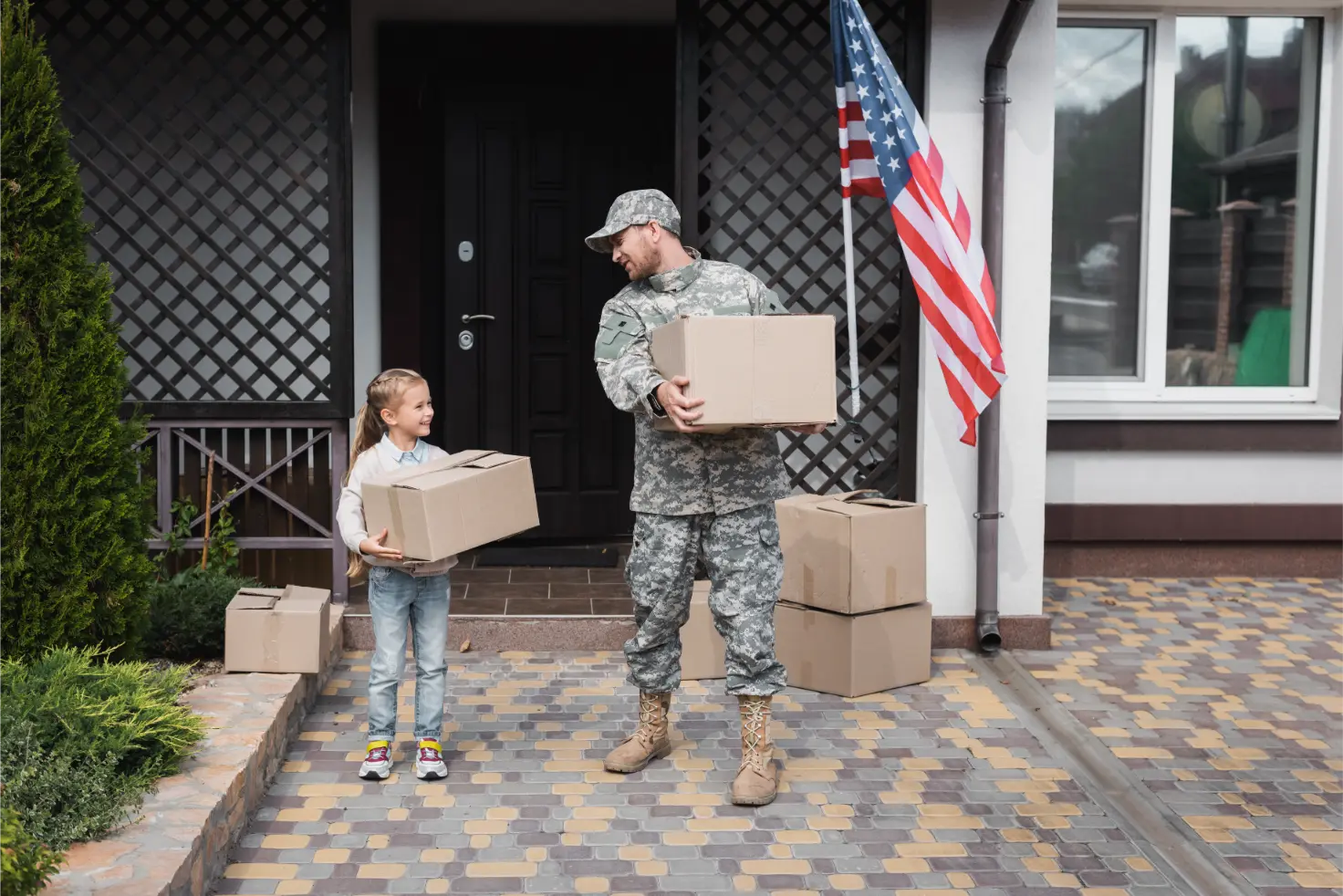Moving can be a stressful and time-consuming experience, especially when you’re not sure what items cannot be moved by movers. Before initiating the relocation process, it is essential to be aware of any restrictions applicable to your specific type of move – whether within a state, across states, or internationally. It is essential to be cognizant of which objects cannot be transported by movers so that the relocation process can go as seamlessly as possible. From special considerations for hazardous materials to tips for safely transporting non-allowable items – we will discuss all of these topics and more. Join us as we explore the ins and outs of “items which cannot be moved by movers?”
Non-Allowable Items
Movers are unable to transport certain items, such as hazardous materials, perishable goods, and valuables and personal documents.
Hazardous Materials
Hazardous materials such as explosives, flammable liquids or gases, toxic substances and corrosive products must not be transported by a mover. It is prohibited to move these materials due to the potential risks involved. If you need to move hazardous materials then you should contact a professional service who can provide assistance in safely transporting them.
Perishable Goods
Perishable goods such as foodstuffs or plants are also not allowed to be moved by movers due to their short shelf life and risk of spoilage during transit. Instead of trying to pack these items yourself, it’s best to make arrangements with a local grocery store or plant nursery who can provide fresh produce on arrival at your new home.
Valuables and Personal Documents
Valuable items such as jewelry or money should never be packed into boxes for transportation since they could easily get lost during the move process. Additionally, important documents like birth certificates or passports should always remain in your possession throughout the entire relocation process for security reasons. It is best practice to keep all valuable possessions on your person when travelling between locations, so that they do not get misplaced along the way.
It is important to be aware of the items that cannot be moved by movers in order to avoid any issues during your move. Additionally, when organizing a relocation, there are some particular points to consider such as animals and plants, or guns and ammunition.
Special Considerations
When moving, it is important to consider special items that may require extra care or special regulations. Animals and plants should be transported in an environment that will keep them safe and comfortable during the move. Firearms and ammunition must follow local laws regarding transport; some states require a permit for firearms transportation. Automobiles and boats need to be prepared for travel, including draining fluids, checking tires, securing loose items, and disabling alarms if necessary. Moving big items such as furniture and appliances can be tricky, necessitating the help of experienced movers.
Animals can be anxious when relocated, so making sure they have a secure environment is essential. Be sure your pet has all necessary vaccinations before traveling long distances or across state lines; this will help ensure they stay healthy while on the road. You’ll also want to provide plenty of food and water as well as toys, or other comforts such as blankets or beds for cats or dogs during the trip.
Firearms must always follow local laws regarding transport; some states even require permits for transporting firearms across state lines which should be obtained ahead of time if needed. When packing ammunition make sure it is stored safely away from any potential sources of heat such as stoves or furnaces in order to prevent accidental discharge during transit. It is best practice not to store weapons inside living areas, but rather in locked storage containers within vehicles while traveling between locations – instead of leaving them unattended at any point along the journey.
Prior to transporting your automobile, special preparation is necessary as most auto carriers do not provide services such as changing oil filters or refilling fluids. To avoid corrosion over time and subsequent costly repairs, it is wise to drain all fluids beforehand. Additionally, tires should be inspected for adequate pressure levels, and large objects such as bicycles and tools must be securely fastened using bungee cords or straps, to prevent them from flying off during transit. Furthermore, disabling car alarms ahead of time will save a lot of hassle upon arrival at the destination.
It is important to be aware of any special considerations when planning a move, such as animals and plants, firearms and ammunition, automobiles and boats, or large appliances and furniture. With this in mind, it is essential to research regulations ahead of time for moving non-allowable items in order to ensure a smooth transition.

Tips for Moving Non-Allowable Items
When relocating goods not allowed by law, it’s essential to investigate and plan in advance. Rules for transporting non-allowable items can differ, so it’s essential to be aware of what is permissible in the particular area prior to relocating. Start by checking with local authorities or any relevant governing bodies, for information about the rules that apply in your area.
Once you’ve identified which items are non-allowable, make arrangements to transport them yourself if possible. This may include renting a vehicle or hiring a courier service that specializes in transporting restricted goods. If this isn’t an option, contact professional moving company who have experience dealing with these types of items, and can help ensure they are handled safely and legally during transit. For example, firearms must be transported according to specific regulations set out by the U.S Department of Transportation. Enlisting the help of experienced professionals will ensure these laws are followed properly when shipping guns across state lines or internationally.
For plants and animals, special considerations must be taken into account when moving. Professional pet relocation services can provide insight on how best to prepare pets for international moves while adhering to import/export regulations. Furthermore, additional protection should be considered when relocating bulky furniture pieces such as refrigerators over long distances; vibrations could cause damage during transit without proper care.
Finally, don’t forget about valuables like jewelry and documents; these items should never be packed away, but instead kept close at hand – either through personal carry-on luggage, or using dedicated secure storage solutions offered by many moving companies today. With careful planning and preparation, even complex moves involving non-allowable items can go smoothly and efficiently. So get started early and enjoy peace of mind knowing everything is taken care of professionally from start to finish.
Conclusion
At STAR Moving Solutions, we understand that there are certain items which cannot be moved by movers. We advise our customers to take special considerations for such items and provide tips on how to move them safely. Ultimately, it is imperative to be aware of certain items that are not able to be relocated due to safety or legal issues. So, please ensure you know these restrictions prior to attempting a move with your possessions.
Let STAR International take the hassle out of your move! Our experienced crew will ensure that all items are safely and securely transported to their new location.














